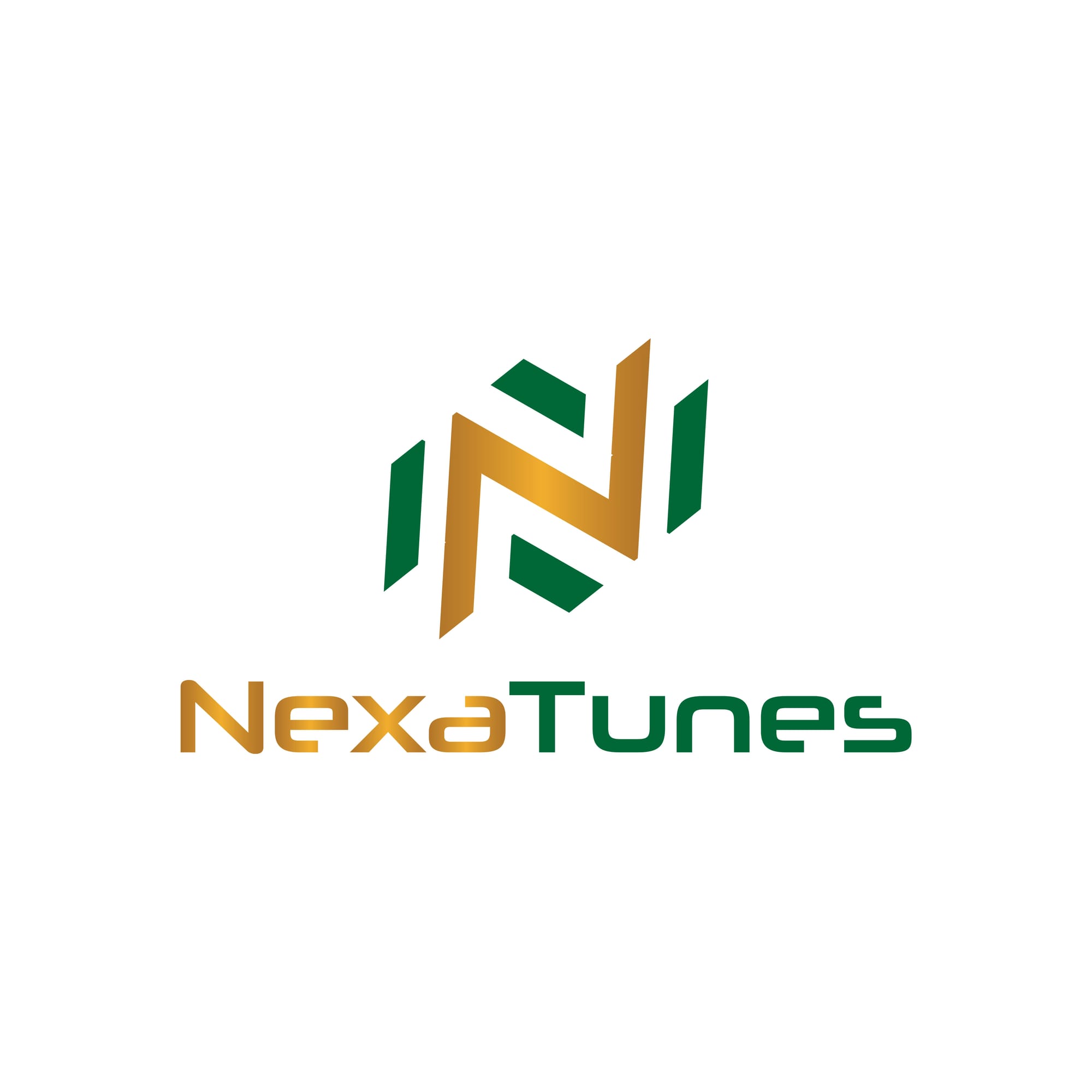Sync Licensing FAQ — Clear Answers for Artists & Labels (USA & Germany/Europe)
Sync licensing opens the door for artists and labels to place music in film, TV, ads, and games. This guide explains what a sync license is, the difference between music supervisors and publishers, how the US and German markets differ, typical fees, and where to submit your songs.
